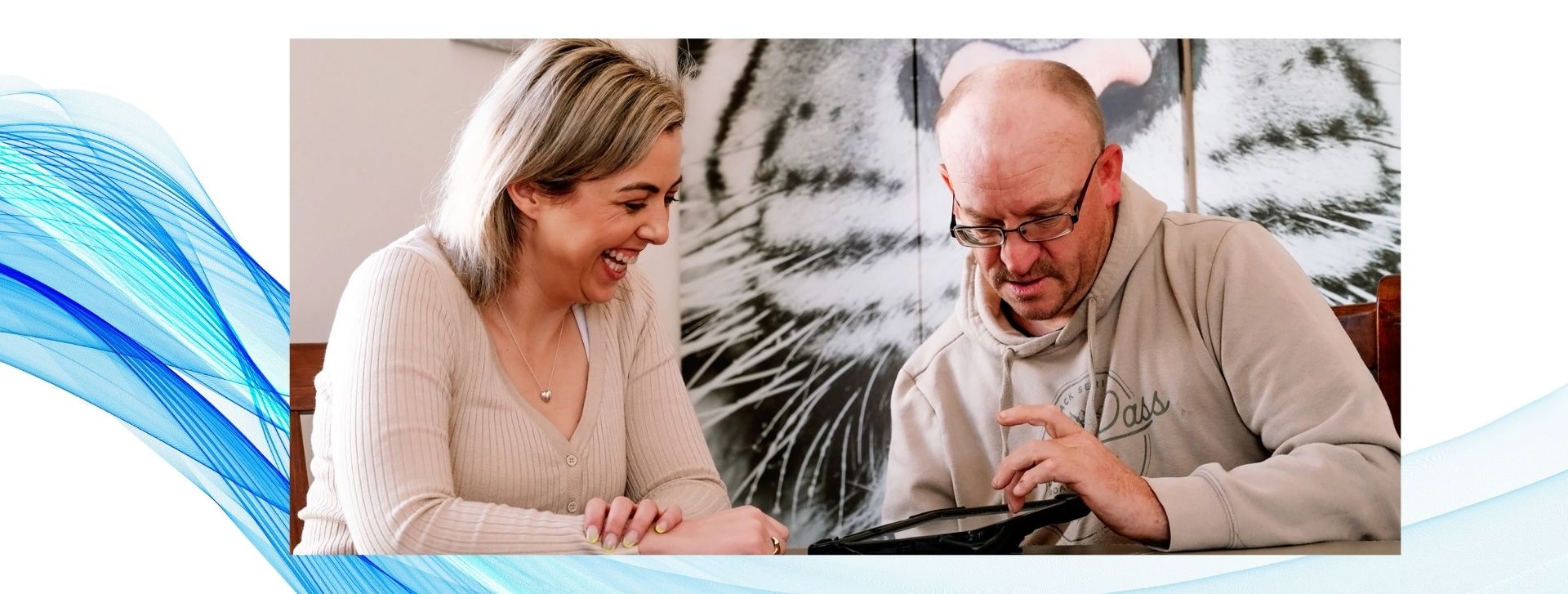Tenant Wellbeing Project

Like many people in South Australia, our team was disturbed and saddened by the untimely death of Ann-Marie Smith in April 2020. We also closely followed the progress of the Disability Royal Commission and the discussions on violence, abuse and neglect. This sparked a serious conversation within Access 2 Place. What could we do? Was there a way we could contribute to the safeguarding of tenants? Could this be done in a way to reassure them that we care, while respecting their choices and being non-intrusive?
We’ve always cared about our tenants. We visit tenants, communicate regularly, provide a tenant engagement program and events – in addition to the tenancy and maintenance services expected of a community housing provider. But we thought we could do more.
Thus, we embarked on our Tenant Wellbeing Project.
We want to ensure that tenants living with disability in A2P homes are safeguarded, as far as is possible, from the risk of experiencing any form of abuse or neglect.
In September 2020 we implemented A2P’s Tenant Wellbeing Policy. The next significant step was to appoint a project team to investigate what reasonable and effective measures could be taken to identify and then reduce the risk of harm to tenants.
The team embarked on a period of data-gathering and research. We spoke with industry experts, peer organisations and operational staff. Realising that there was very little precedent within the community housing sector, a tailored approach was developed, resulting in a pilot study that directly involved our tenants. This was invaluable and we’d like to thank everyone who was involved. That pilot helped us to identify how a Tenant Wellbeing Program could work.
Now, we’re pleased to begin implementing recommendations from that pilot project, including essential staff training.
We plan to begin the first Tenant Wellbeing Visits in October or November 2021.
We will be careful not to overstep the boundaries of our place in our tenants’ lives so will focus on advocacy, referrals to relevant services, and helping tenants understand their rights within the NDIS framework.
We’ll listen to feedback, and keep evaluating and building on this program. We’re also committed to sharing updates with you.